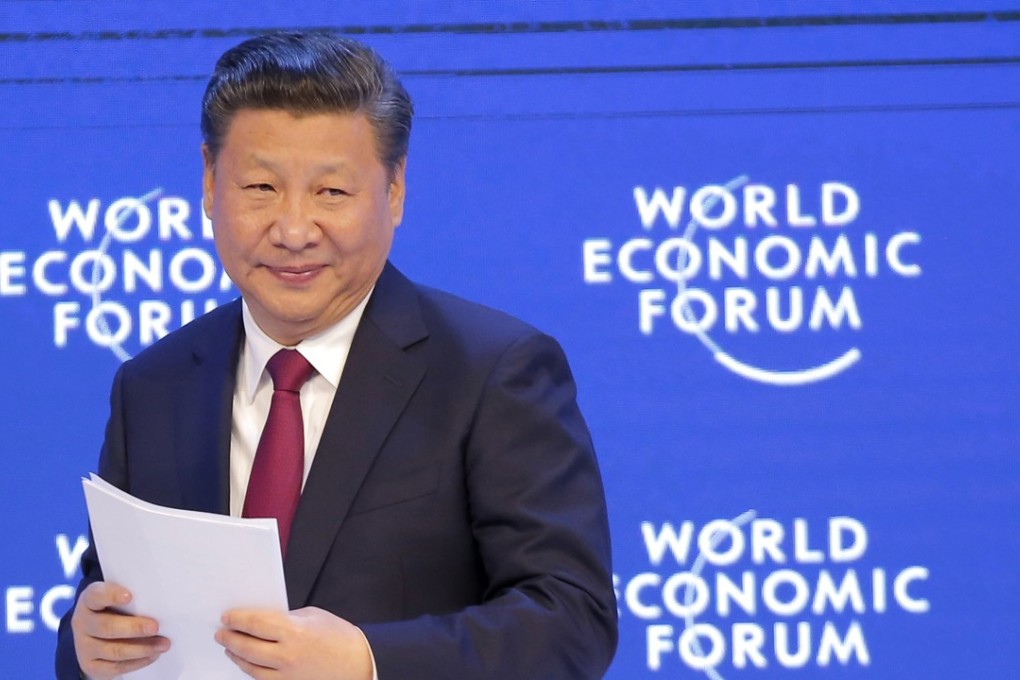Advertisement
Opinion | China’s economy will not go the way of Japan’s or the Soviet Union’s, despite the pessimism and US pressure
- Zhang Jun says China’s economic structure, its development stage and pending reforms mean growth will remain consistent, so frequent comparisons to the collapse of the USSR and stagnation of Japan are inadequate
Reading Time:4 minutes
Why you can trust SCMP

In the 1940s, the British historian Arnold J. Toynbee predicted that the United States and the Soviet Union would remain the world’s only two great powers. Not even China and India – with their “ancient civilisations” and “vast populations, territories and resources” – would be able to “exert their latent strength” in the ensuing decades.
Advertisement
Toynbee was right about the ensuing decades, but wrong about two places: the Soviet Union collapsed, and now China has become the world’s second-largest economy and a leading global player. But, at a time of powerful economic headwinds and a new cold war with the US, will China continue its rise, or go the way of the Soviet Union?
To answer that question, it is first worth noting that China is not an enemy of the US, and the new Sino-American cold war is not rooted in a military stand-off, much less ideological conflict. Rather, it reflects US President Donald Trump’s rejection of China’s economic rise and, more generally, of open policies.
But it is not just Trump, with his populist “America first” agenda, who opposes globalisation and advocates protectionism, particularly against China. Some liberal and highly respected economists, including Larry Summers, also worry about the outcome of globalisation, even if they disagree with Trump’s approach. This points to rising anxiety about the US economy’s ability to weather the challenges ahead. Predictions that China could replace the US as the dominant global economy, like one made by Arvind Subramanian in 2011, have no doubt fuelled American angst.
Advertisement
To be sure, China faces plenty of challenges of its own, owing partly to a growth model that produced significant imbalances. But, contrary to the Trump administration’s narrative, those imbalances – particular the trade surplus vis-à-vis the US – were not intentionally created through exchange-rate controls and distortionary policies. After all, such tactics would be most damaging to China itself.

Advertisement
